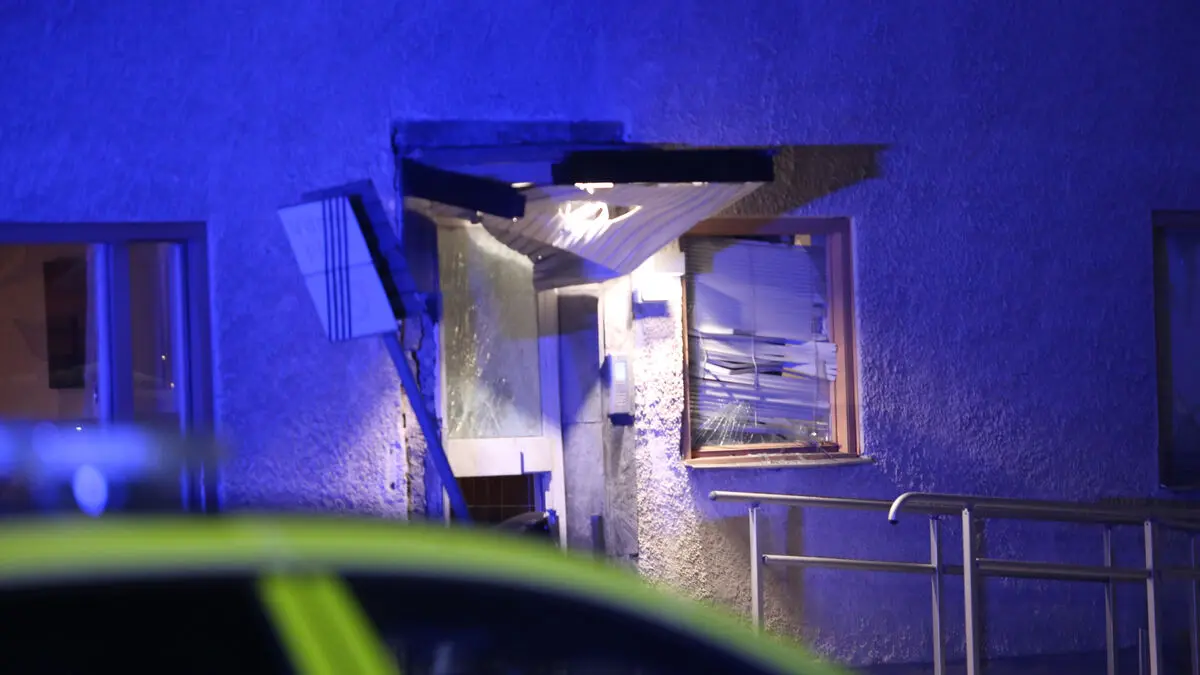Many schools have open doors, an openness that has once again come into focus.
I still see far too many open doors where unauthorized individuals can enter almost at will, says Lotta Edholm to Sveriges Radio.
She therefore wants to see locked schools as the main rule.
There has been almost ideological resistance to locking schools. It stems from a vague idea of "the school in the middle of the village", but the school is for teachers and students, says Edholm to TT.
It's about protecting school students from drug dealers, pedophiles, gang recruiters, and others who simply have no business being in school, she develops.
False sense of security
Last March, investigator Jonas Trolle submitted proposals on how to improve school safety, and just before Christmas, he submitted his final report.
We proposed that all schools should have a routine for receiving visitors, i.e., thinking about how to prevent unauthorized individuals from being in school, because the school is not a public place, says Jonas Trolle to TT.
However, this does not necessarily mean that the school must be locked, but rather that each school can decide how to best control unauthorized individuals.
He also points out that locked doors can provide a false sense of security.
The most common school attack is by a student who has access, or has previously attended the school and knows the routines, says Jonas Trolle, who is the acting head of the Crime Prevention Council (Brå) with a background in the Center against Violent Extremism.
Lotta Edholm shares his view, but notes that measures to prevent unauthorized individuals are only part of the solution. Other proposals include working preventively, breaking down secrecy barriers between schools, social services, and the police, and being able to control students' bags.
Cannot protect themselves completely
Another proposal is that schools should have an action plan for when incidents like the one in Örebro occur. Örebro municipality had a plan and had practiced. Yet, eleven people died.
You can practice as much as you want, but if it's a motivated person with an automatic weapon, it's extremely difficult to protect yourself against such an attack. But if they hadn't practiced, it might have looked even worse, says Trolle.
When asked why the investigation has been delayed, Lotta Edholm says that they now want to speed up the implementation.
The department is working hard, and I don't rule out that they can move even faster.
The Center against Violent Extremism (CVE) will support municipalities and authorities in preventing school attacks. (Interim report June 2023)
Legislative requirement for schools to work preventively. Obligation to have preparedness for serious violent situations.
Obligation for each preschool and school to keep unauthorized individuals out of the school area during operating hours.
Opportunity for school staff to, if necessary, inspect students' bags within the school area. Applies to upper secondary school and high school.
Obligation for schools to report students suspected of crimes in connection with school activities to the police. (Interim report March 2024)
Police, social services, and Sis will more easily be able to provide information about children at risk to schools – even against the student's or guardian's will. Schools will also be able to share information with each other and more easily inform social services and Sis. (Final report December 2024)






